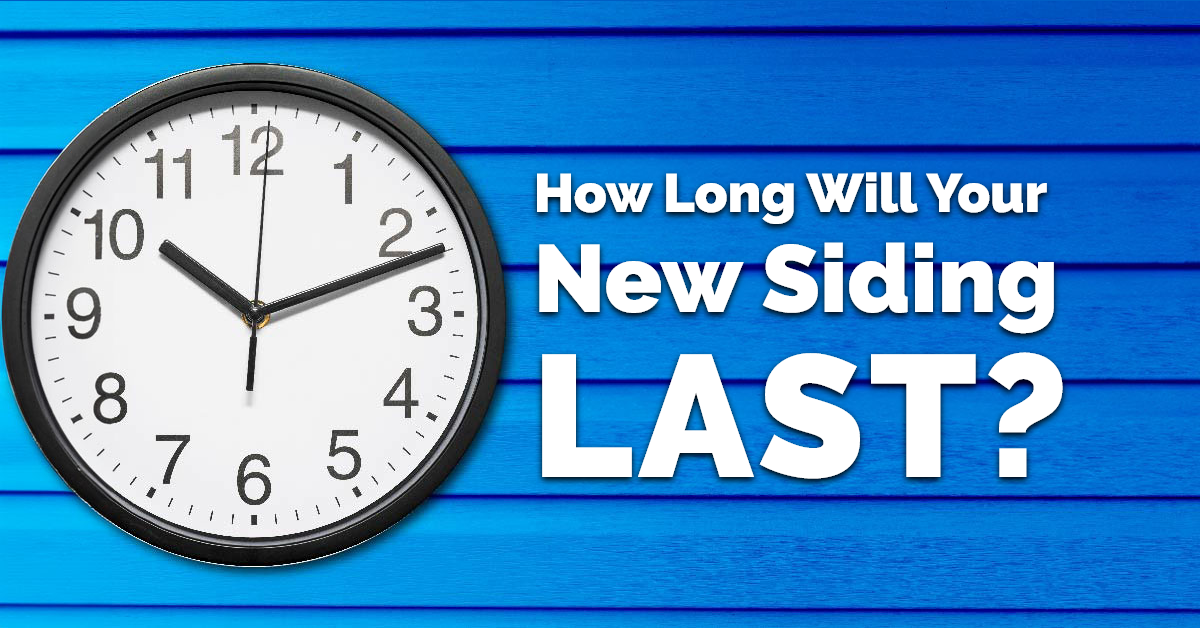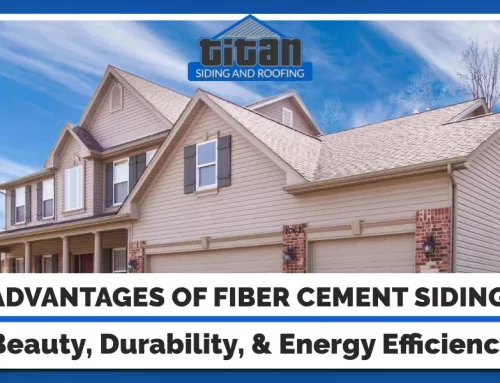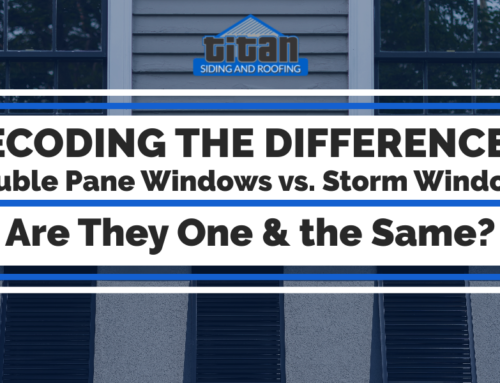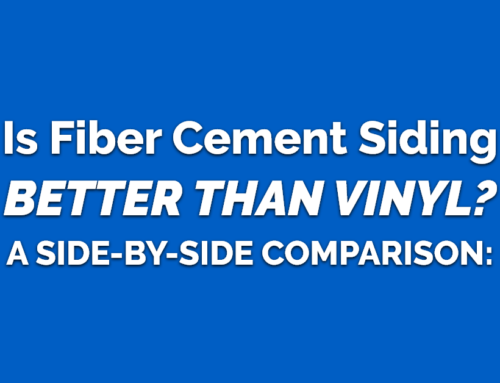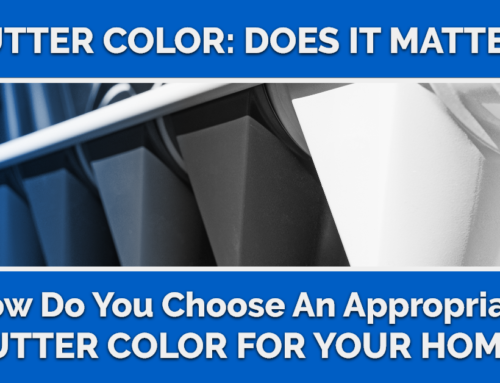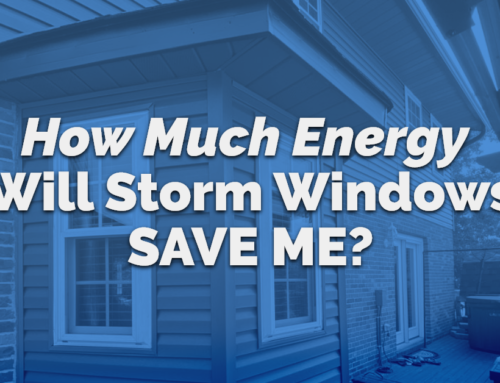Your siding serves as your home’s first line of defense against harsh elements while at the same time improving energy efficiency. However, the constant exposure to heavy rains, high winds, hail, and UV rays means your siding can deteriorate over time and require replacement.
Different siding materials stand the test of time differently, and while some can remain in to-notch conditions with minimal maintenance, others will require regular care to prolong their lifespan.
1: The Siding Material
The two most common siding materials are vinyl and fiber cement. Vinyl is an extremely durable siding option for your home’s exterior and often outperforms other siding materials in terms of ease of maintenance.
High-quality vinyl siding typically lasts around 60 years if you take good care of it. It offers excellent performance and withstands a wide range of weather conditions.
Fiber cement siding products are guaranteed to last 50-60 years when installed and cared for properly. If you choose products with a factory-applied, baked-on finish, you can expect the color to last up to 15 years before requiring repainting.
2: Weather and Storm Damage
Soaring heat in summer, high wind, hail, freeze-thaw cycles, and severe storms in fall can all make your siding susceptible to damage. Due to constant expansion and contraction, vinyl siding is intentionally installed loose to allow for free movement during extreme temperature fluctuations.
Overall, the climate in your area will significantly affect the long-term performance of your siding. Moreover, what performs well in a hot climate might not work correctly in a wet humid one, and vice-versa.
For example, fiber cement siding is a great option for dry climates, but not so good for humid areas. Insulated vinyl, on the other hand, is a great choice for colder climates because it protects against snow, rain, and wind. However, vinyl can easily warp in extremely hot climates.
3: Maintenance
Choosing a low-maintenance material can extend the lifespan of your siding and provide the best value for your money. Vinyl siding can go months without needing any cleaning. But with regular washing before or after every summer, you can significantly extend the lifespan of your vinyl siding.
Even without visible damage, inspect your siding regularly for signs of loose or cracked panels and call a siding expert immediately to prevent further damage. Fiber cement siding should also be inspected regularly for signs of rot, mold growth, or cracks.
Maintenance should also extend into your gutters since clogged gutters can cause rainwater to spill over your siding and cause water damage.
4: Installation
When it comes to the longevity of your siding, proper installation is critical. Even the best quality siding will not perform well if the installation is subpar. Always work with the right siding contractor from the beginning to ensure your siding system will stand the test of time.
Ultimately, all parts of your house age with time. The longevity of your siding will largely depend on the siding material you choose, the quality of installation, and how well you keep up with maintenance. Contact Titan Siding and Roofing for all your siding needs in the Greater Cincinnati area.

